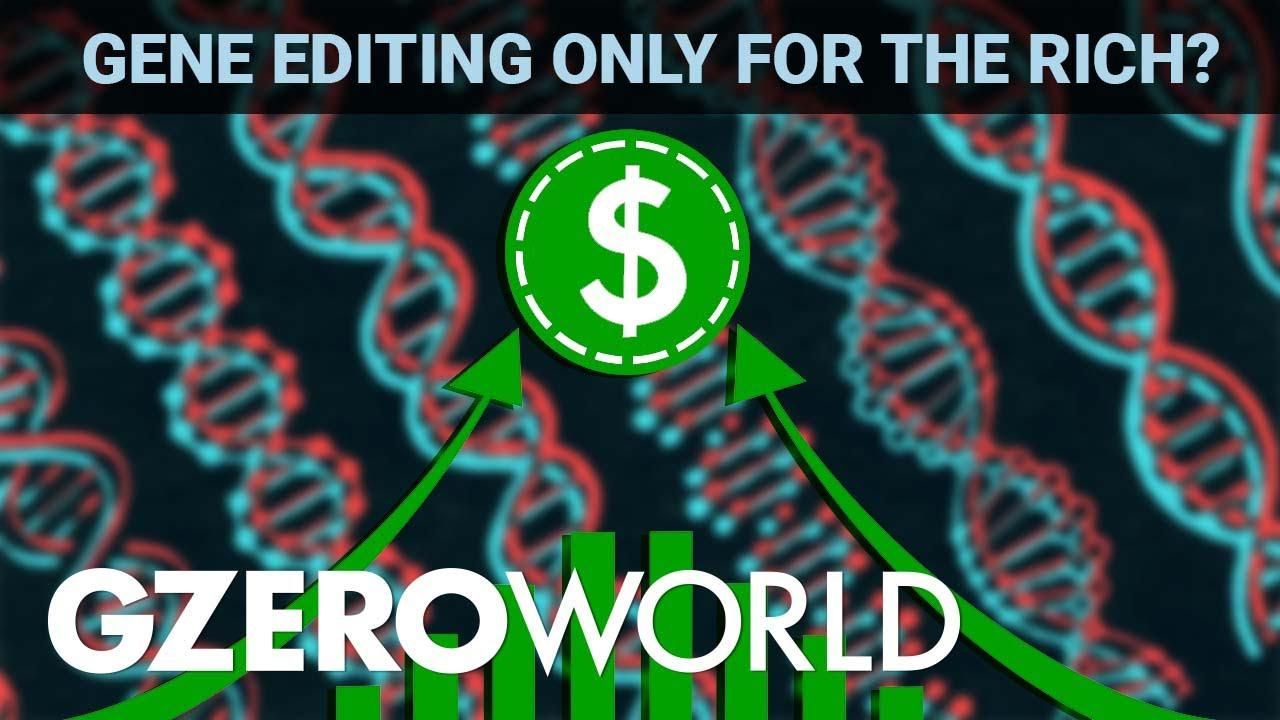GZERO World Clips
Scientist Jennifer Doudna on making CRISPR technology viable — and affordable — for everyone

Scientist Jennifer Doudna on Making CRISPR Tech Viable — and Affordable — for Everyone | GZERO World

While global cooperation on public health issues like access to COVID vaccines continues to sputter, a group of scientists from around the world are quietly working on making CRISPR gene-editing technology within reach for rich and poor nations alike. "We're going to want to work as quickly as possible to scale it to a point where that also helps bring down the cost," says Jennifer Doudna, who won the 2020 Nobel Prize in Chemistry for her work on CRISPR. Watch her interview with Ian Bremmer on GZERO World.
Watch the episode: CRISPR gene editing and the human race
Ian Bremmer sits down with former US Ambassador to NATO Ivo Daalder to unpack a historic shift in the transatlantic alliance: Europe is preparing to defend itself without its American safety net.
Think you know what's going on around the world? Here's your chance to prove it.
Argentina, Armenia, Belarus, Egypt, Indonesia, Jordan, Pakistan, Paraguay, Vietnam – to name only a few.
A poster featuring Andrew Mountbatten-Windsor, formerly known as Prince Andrew, is installed on a sign leading to the parking area of the Sandringham Estate in Wolferton, as pressure builds on him to give evidence after the U.S. Justice Department released more records tied to the late financier and convicted sex offender Jeffrey Epstein, in Norfolk, Britain, February 5, 2026.
British police arrested former Prince Andrew Mountbatten-Windsor today over allegations that in 2010, when he was a UK trade envoy, he shared confidential government documents with convicted sex offender Jeffrey Epstein.